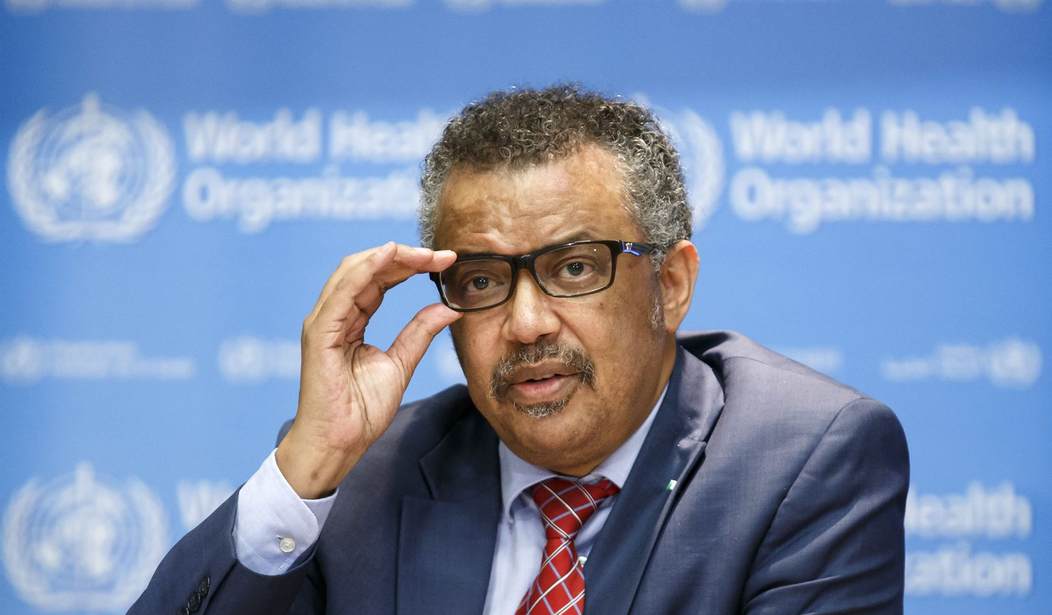In a fitting move for the organization given its totalitarian ambitions, the World Health Organization has appointed the Democratic People’s Republic of Korea (the absurdly ironic name the brutal North Korean regime goes by) to serve on its executive board.
Via Fox News:
The Democratic People’s Republic of Korea has been elected to the executive board of the World Health Organization (WHO).
The North Korean Ministry of Public Health’s Dr. Jong Min Pak has been seated on the WHO’s executive board with a term set to last until 2026.
The communist state’s new position on the board allows them say in determining the organization’s agenda and policy prescriptions.
The decision sparked immediate criticism from the government of neighboring South Korea, which pointed to North Korea’s history of ignoring policies put forward by the WHO and its parent organization, the United Nations.
BREAKING: North Korea, a regime that starves its own people, was just elected to the @WHO Executive Board. No joke: https://t.co/cBmNO6AmvJ pic.twitter.com/661rILwqEY
— Hillel Neuer (@HillelNeuer) May 31, 2023
Appointing North Korea to any global governance position of authority is a slap in the face to the millions of North Koreans the government has exterminated over the last eighty years or so following its post-WWII founding in 1945.
A 2020 study using survey data from 383 North Korean defectors (the only real tool to measure its healthcare system given the insular nature of the “hermit state”) found that healthcare was rationed on political bases depending on proximity to the party and that almost half of the respondents had not received healthcare for their recent illnesses, along with other indicators of a failed system.
Via Conflict and Health, 2020:
Although the Public Health Act claims that North Korea provides the comprehensive free care system, respondents reported high levels of unmet need and, among those obtaining care, widespread informal expenditure. Of the respondents, 55.1% (95%CI, 47.7–63.7%) had received healthcare for the most recent illness episode. High informal costs (53.8%, 95%CI, 45.1–60.8%) and a lack of medicines (39.5%, 95%CI, 33.3–47.1%) were reported as major healthcare barriers resulting in extensive self-medication with narcotic analgesics (53.7%, 95%CI, 45.7–61.2%). In multivariate logistic regressions, party membership was associated with better access to healthcare.
So what gives? Speculatively, the move could be due to WHO’s historically heavy reliance on funding from the Chinese Communist Party, the one and only major ally of the North Korean regime on the geopolitical scene.
Or the explanation could be much simpler: perhaps the WHO admires the brutality and austerity with which the North Korean regime approaches the administration of healthcare, such as it is, and would like to collaborate on taking the model worldwide.
Editor’s Note: Do you enjoy PJ Media’s conservative reporting taking on the radical left and woke media? Support our work so that we can continue to bring you the truth. Join PJ Media VIP and use the promo code SAVEAMERICA to get 50% off your VIP membership!










Join the conversation as a VIP Member